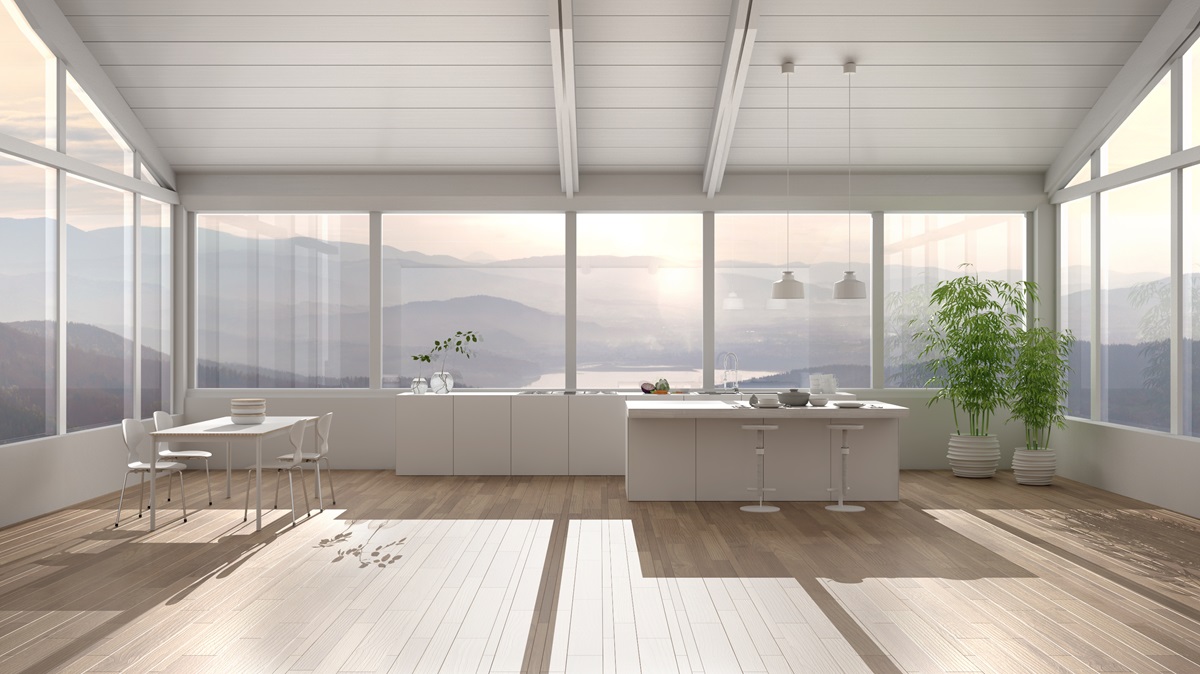When it comes to designing or renovating a space, choosing the right flooring is a crucial decision that can significantly impact the overall aesthetics, comfort, and functionality. With a multitude of options available, each with its unique features, pros, and cons, navigating through the sea of flooring types can be overwhelming. In this comprehensive blog, we will explore 11 different types of flooring, delving into their characteristics, installation methods, pros and cons, costs, and the best-suited applications for each. Whether you’re aiming for a classic hardwood look or seeking a waterproof solution for your bathroom, this guide will help you make an informed decision.
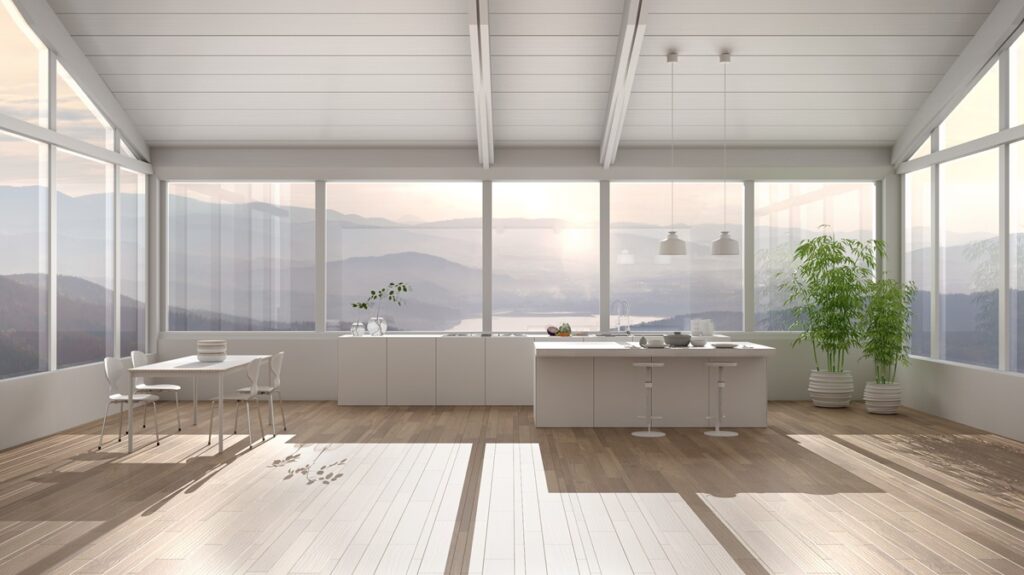
Tile Flooring
Tile flooring is a versatile option that comes in various materials, including ceramic, porcelain, and natural stone. Its popularity stems from its waterproof nature and durability, making it an ideal choice for high-moisture areas like bathrooms and kitchens. Installation costs typically range from $2.50 to $10 per square foot. Tiles offer endless possibilities in terms of patterns, finishes, and colors, but they can be expensive and challenging to install.
- Low maintenance
- Durable and waterproof
- High initial cost
- Cold and slippery
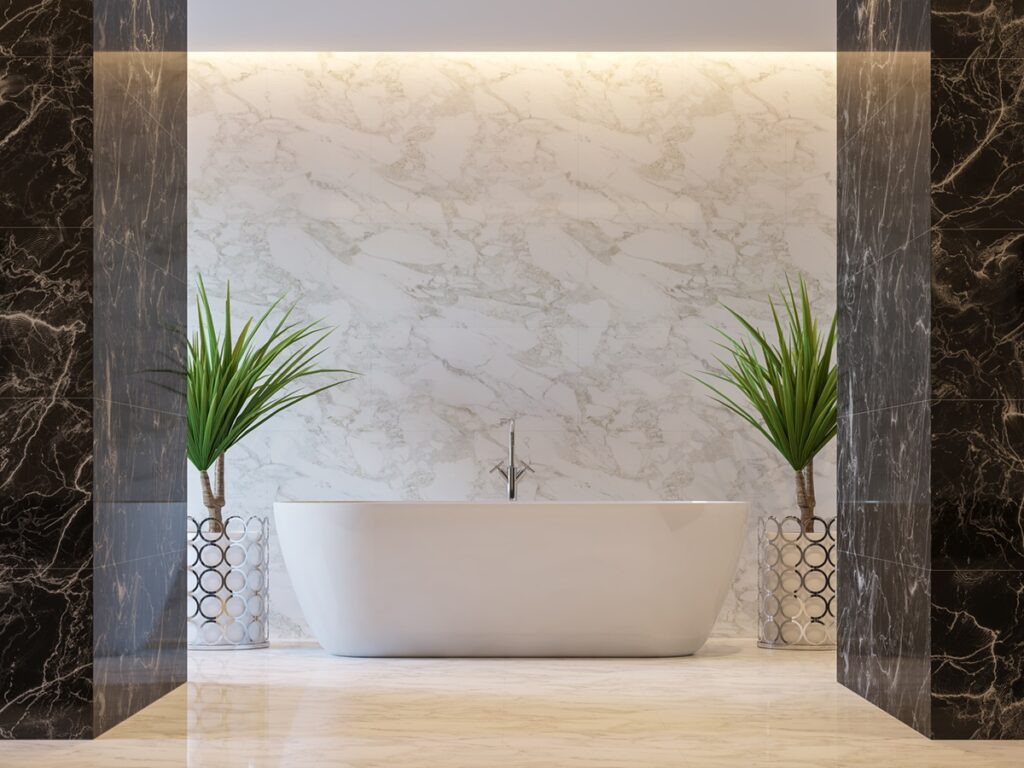
Laminate Flooring
Laminate flooring is a synthetic product that mimics the look of hardwood or stone at a more affordable price. It consists of multiple layers, including a core of high-density fiberboard, a photographic layer, and a protective top layer. Laminate is known for its ease of installation, but it may not be as durable as natural wood or stone.
Countertop Size and Type
Porcelain countertops come in both slab and tile formats, with thicknesses ranging from ¼ inch (6mm) to ½ inch (12mm). The cost of porcelain countertops depends on the size and type of installation, with an average cost of $50 to $70 per square foot, including materials and labor. Slabs are usually more expensive than tiles.
- Affordable
- Easy to install
- Not as durable as hardwood
- May not withstand moisture well
Vinyl Flooring
Vinyl flooring has come a long way from its humble origins. Modern vinyl comes in sheets, tiles, or planks, providing a cost-effective and resilient flooring solution. It is resistant to water, making it suitable for kitchens and bathrooms. Vinyl is also relatively easy to install, making it a popular choice for DIY enthusiasts.
- Affordable
- Water-resistant
- Easy to install
- May not be as durable as other options
- Susceptible to scratching
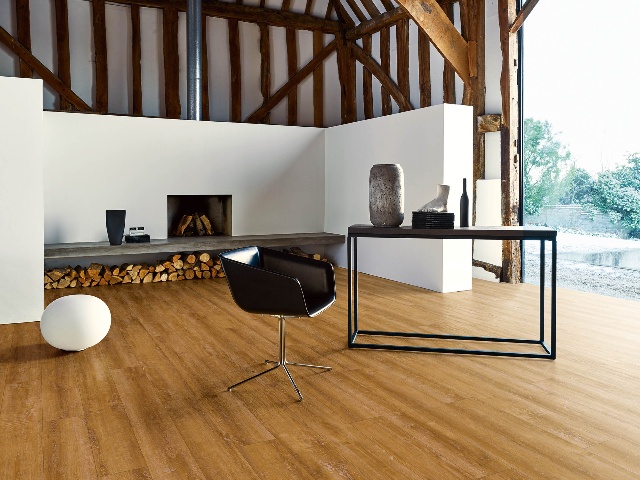
Hardwood Flooring
Hardwood flooring exudes timeless elegance and warmth. It is available in various wood species, each with its unique grain patterns and colors. While hardwood is susceptible to scratches and dents, it can be refinished and restored to its original beauty. The installation process, however, can be labor-intensive and may require professional assistance.
- Timeless aesthetic
- Can be refinished
- Susceptible to scratches
- Labor-intensive installation
Carpet
Carpet is a soft and comfortable flooring option, available in a myriad of colors and textures. It provides insulation and sound absorption, making it ideal for bedrooms and living areas. However, carpets can trap allergens and may require regular maintenance to keep them looking clean.
- Soft and comfortable
- Insulating and sound-absorbing
- Requires regular maintenance
- May trap allergens
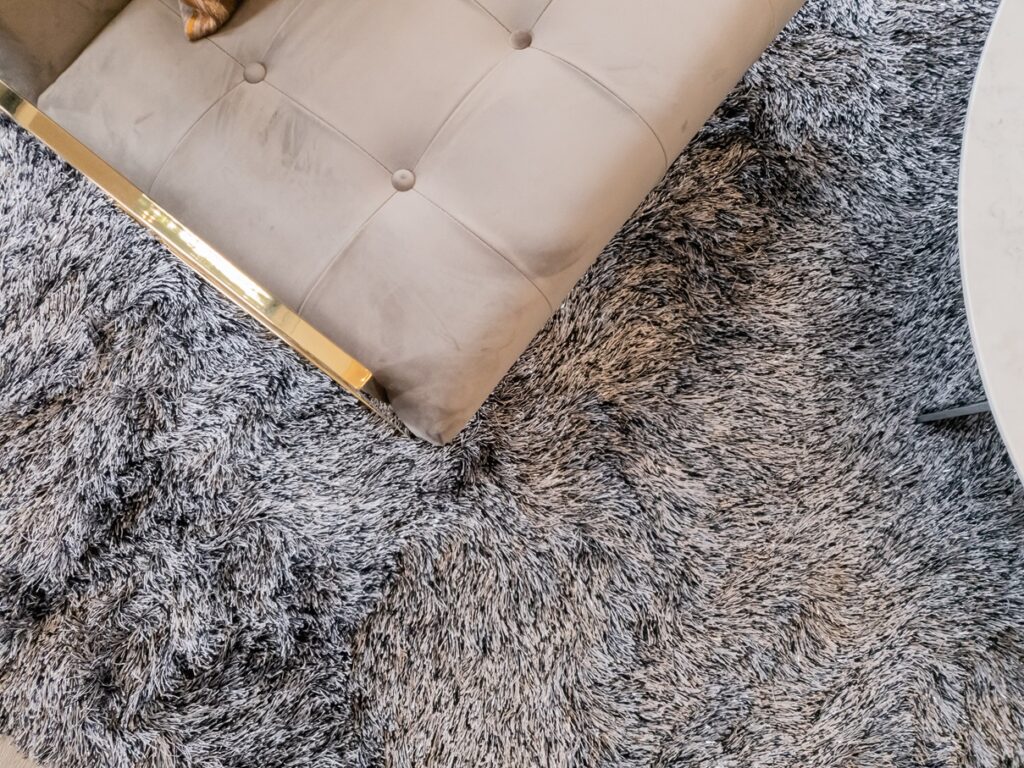
Engineered Wood Flooring
Engineered wood flooring combines a thin layer of real wood with multiple layers of plywood or high-density fiberboard. This construction makes it more stable than solid hardwood, making it suitable for areas with fluctuating humidity levels. Engineered wood can be sanded and refinished, but the number of times is limited compared to solid hardwood.
- More stable than solid hardwood
- Can be sanded and refinished
- Limited refinishing potential
- Costlier than laminate
Stone Flooring
Natural stone, such as marble, granite, and travertine, offers a luxurious and durable flooring option. Each type of stone offers its own set of unique characteristics and colors. Stone flooring can be expensive, and its installation requires expertise to ensure a level surface.
- Luxurious and durable
- Unique colors and patterns
- Expensive
- Requires professional installation
Linoleum Flooring
Linoleum is a natural and environmentally friendly flooring option made from linseed oil, cork powder, wood flour, and tree resins. It is durable and resistant to water, making it suitable for kitchens and bathrooms. Linoleum comes in various colors and patterns, offering versatility in design.
- Natural and environmentally friendly
- Durable and water-resistant
- Can be prone to scratching
- Requires professional installation
Concrete flooring
Concrete flooring has moved beyond its industrial associations to become a trendy and modern option. It is durable, easy to clean, and can be customized with various finishes. While concrete can be cold, radiant heating systems can be installed to address this issue.
- Durable and easy to clean
- Customizable finishes
- Can be cold
- Requires additional heating systems
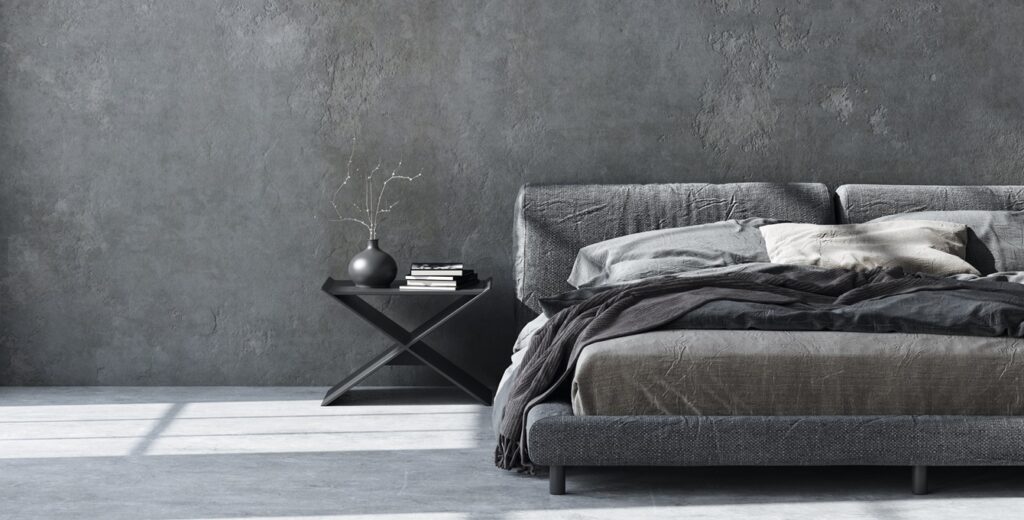
Luxury vinyl tiles or plank (LVP)
Luxury Vinyl Tiles or Planks (LVP) are an upgraded version of traditional vinyl flooring. They mimic the look of natural materials like wood or stone and are known for their water resistance and durability. LVP is often chosen for its affordability and the ability to withstand high-traffic areas.
- Affordable
- Water-resistant and durable
- May not provide the same authenticity as natural materials
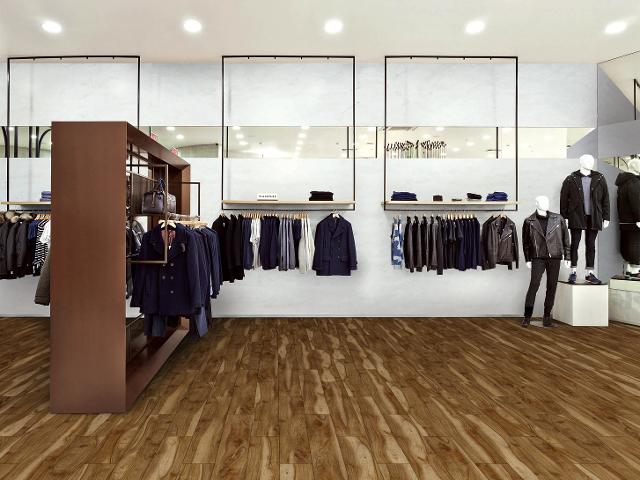
Cork
Cork flooring is an eco-friendly option made from the bark of cork oak trees. It is soft underfoot, providing a comfortable surface. Cork is resistant to mold, mildew, and insects, making it a healthy choice for indoor environments. However, it may not be as durable as some other flooring options.
- Eco-friendly
- Soft and comfortable
- Not as durable as some alternatives
- Can be prone to damage from heavy furniture
Best Flooring Types for Every Room
When it comes to choosing the best flooring for each room, consider factors such as foot traffic, moisture levels, and the desired aesthetic. Here are some recommendations:
Kitchen
For high-traffic areas like kitchens and mudrooms, porcelain tile is the top choice due to its resistance to scratching and dents. Vinyl flooring is a runner-up for its affordability and durability but may be prone to scratching.
Bathrooms & Laundry Rooms
Tile flooring, particularly ceramic or porcelain, is the go-to option for bathrooms and laundry rooms due to its waterproof nature. Vinyl is also a suitable choice, offering water resistance and ease of maintenance.
Dining, Living and bed Rooms
Hardwood flooring brings a timeless and warm aesthetic to these areas. It adds value to the home and can be refinished to address wear and tear. For a more budget-friendly option, laminate flooring can mimic the look of hardwood.
Basement
Due to the potential for moisture in basements, consider options like vinyl, engineered wood, or carpet tiles. These materials are more resistant to moisture and can withstand the challenges of below-grade spaces.
Outdoor flooring
For outdoor spaces like patios and decks, consider materials like natural stone, concrete, or outdoor-rated tiles. These options are durable and can withstand exposure to the elements.
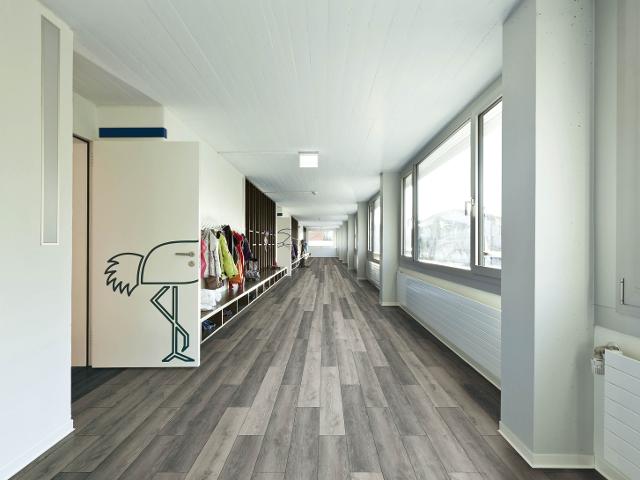
Contact us
Choosing the right flooring for your space involves considering various factors such as aesthetics, durability, and budget. If you need expert guidance on selecting the perfect flooring for your project, LX Hausys is here to help. Our team of professionals can provide personalized recommendations based on your specific needs. Contact us today to embark on your flooring journey and transform your space into a masterpiece of design and functionality.

